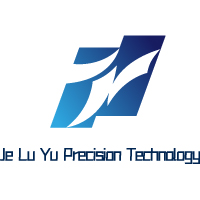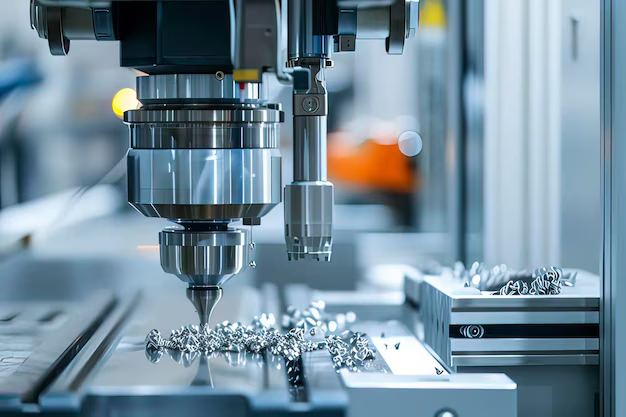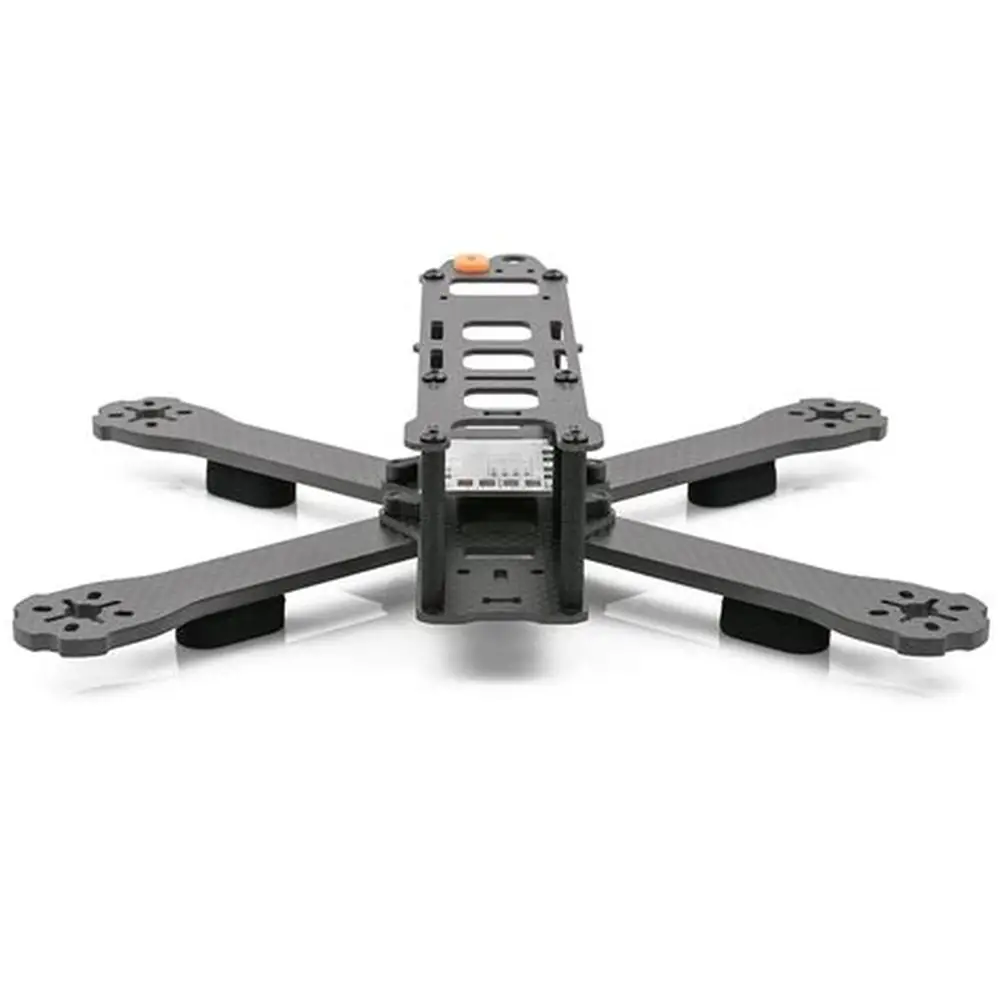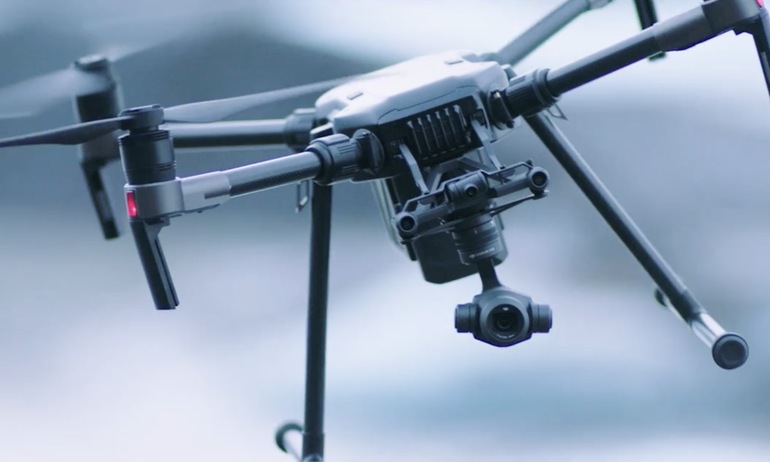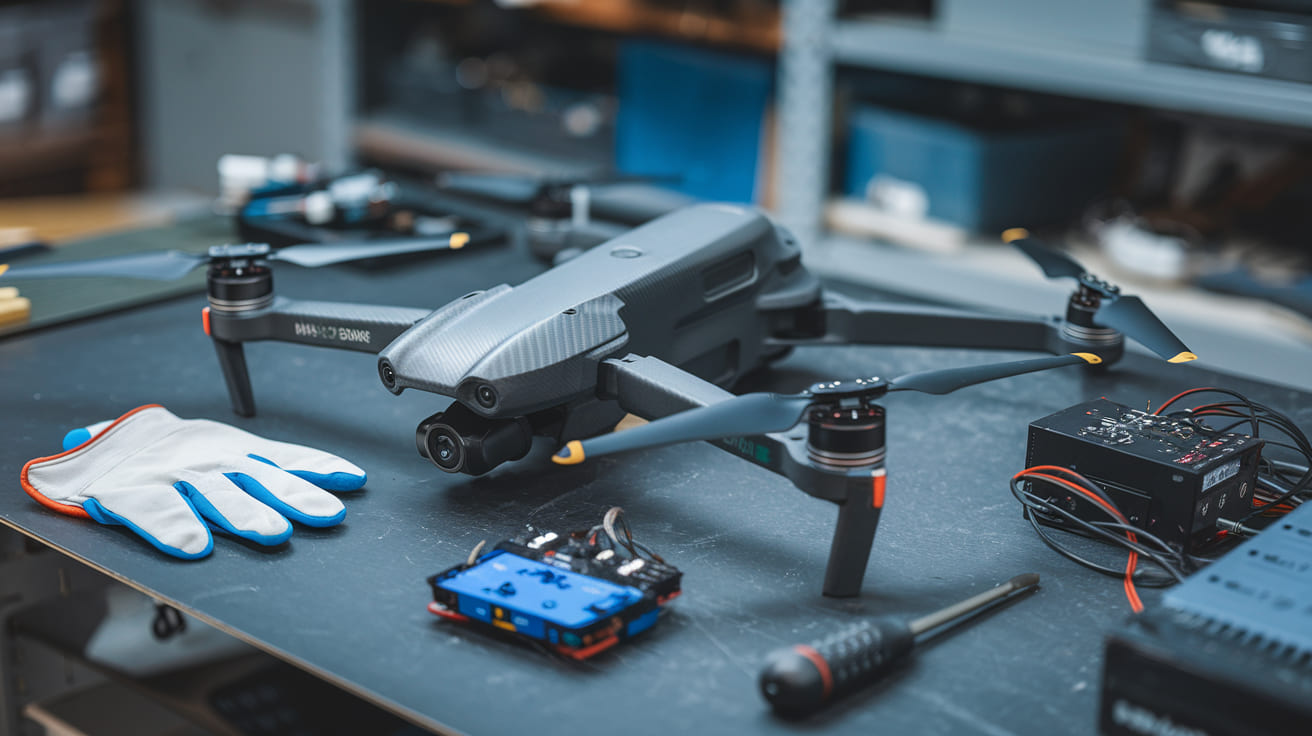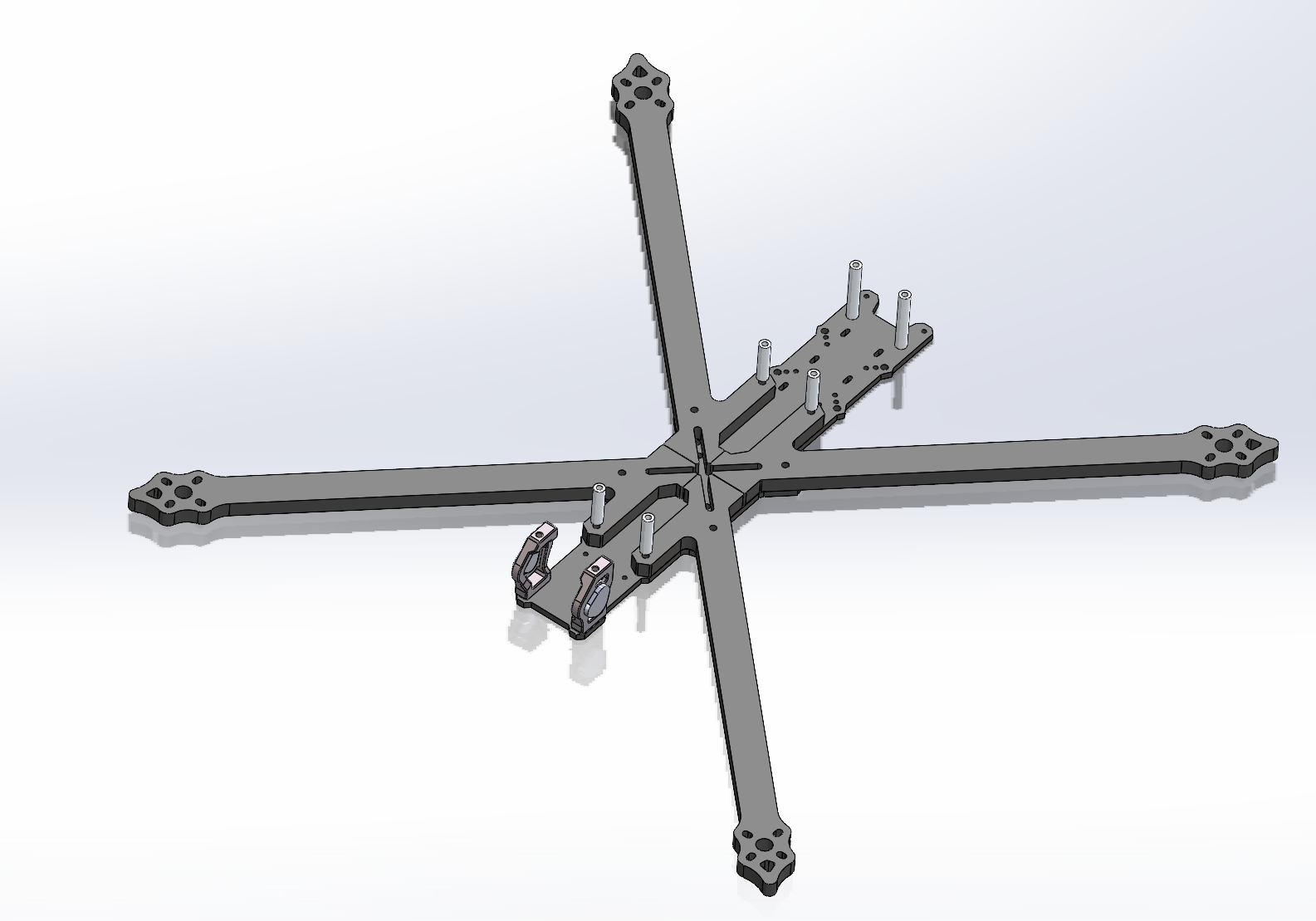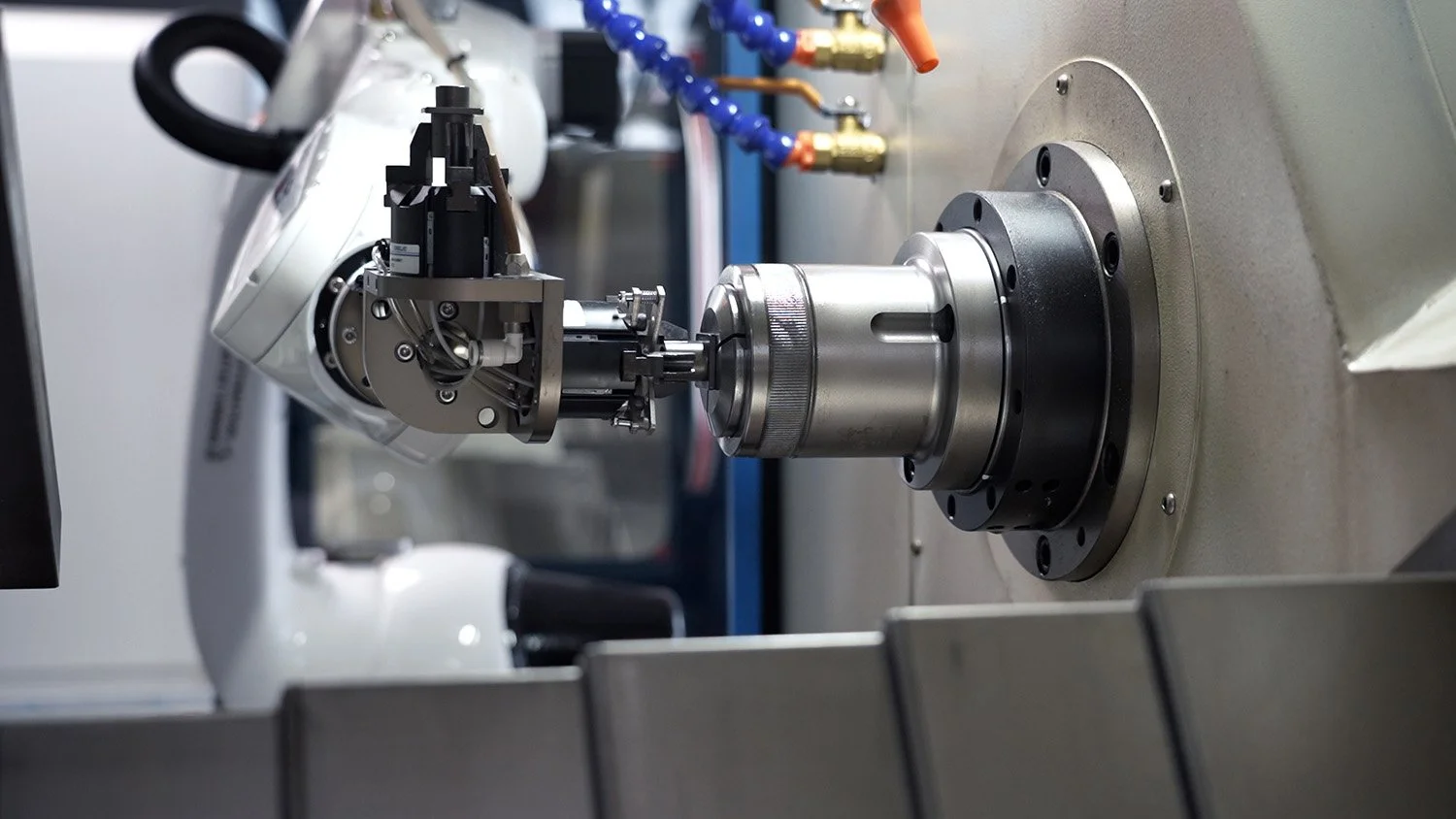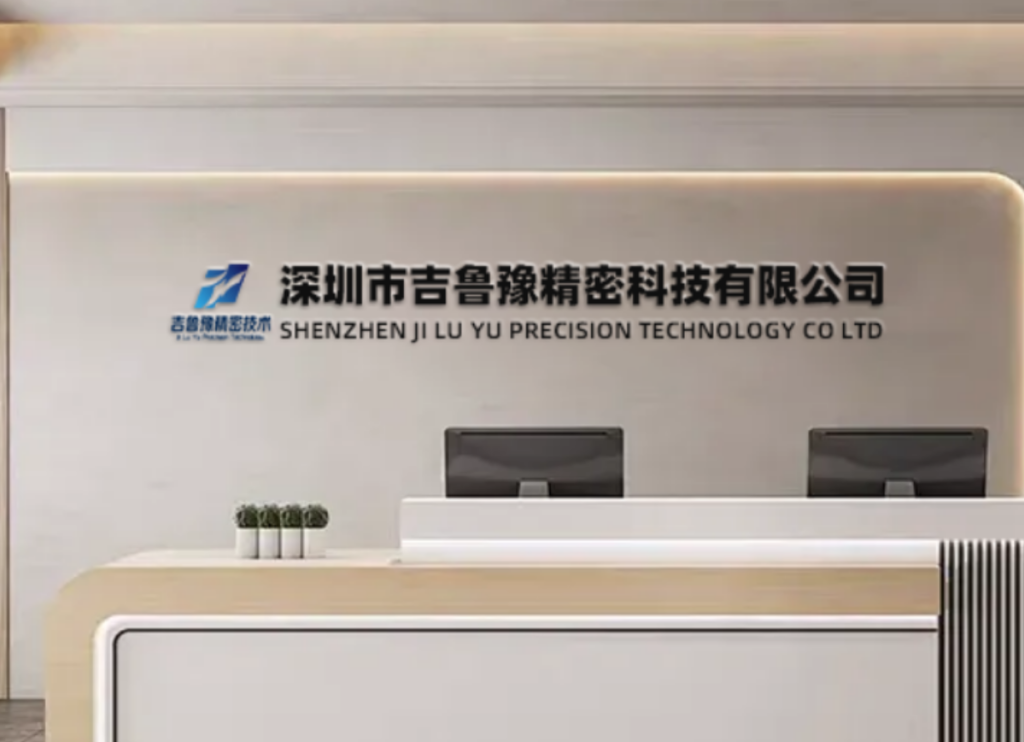Advanced Materials Machining Expert: Mastering Complex Material CNC Processing
The manufacturing landscape has evolved dramatically with the introduction of increasingly sophisticated materials that offer exceptional performance characteristics but present significant machining challenges. As an advanced materials machining expert, we specialize in navigating the complex interplay between material science and manufacturing technology to deliver precision components from the most demanding engineering materials. This comprehensive guide explores the specialized knowledge, equipment, and methodologies required to successfully machine advanced materials for critical applications across aerospace, medical, energy, and technology sectors.
The Critical Role of an Advanced Materials Machining Expert
Modern manufacturing increasingly relies on materials that push the boundaries of performance in extreme environments. An advanced materials machining expert possesses the specialized knowledge to handle these materials effectively, understanding not just how to remove material but how to do so while preserving the material’s inherent properties and ensuring component integrity.
Defining Advanced Materials in Machining Context
Advanced materials represent a category of engineering materials that exhibit superior mechanical, thermal, or chemical properties compared to conventional materials but require specialized machining approaches. As an advanced materials machining expert, we categorize these materials based on their machining characteristics and application requirements:
High-Performance Alloys
-
Nickel-based superalloys (Inconel, Hastelloy, Waspaloy) for high-temperature applications
-
Titanium alloys (Ti-6Al-4V, Ti-6Al-4V ELI, Beta-Ti) for strength-to-weight critical applications
-
Cobalt-chromium alloys for medical implants and high-wear environments
-
Reactive and refractory metals including zirconium, tantalum, and molybdenum
Engineering Composites
-
Carbon fiber reinforced polymers (CFRP) for structural aerospace components
-
Metal matrix composites (MMC) for thermal management applications
-
Ceramic matrix composites (CMC) for ultra-high temperature environments
Specialized Engineering Materials
-
Engineering ceramics (silicon nitride, zirconia, aluminum oxide) for wear and corrosion resistance
-
High-hardness steels (tool steels, maraging steels) for tooling and molding applications
-
Amorphous metals (bulk metallic glasses) for precision components
Technical Challenges in Advanced Materials Machining
The very properties that make advanced materials desirable for demanding applications also create significant machining challenges that require an advanced materials machining expert to overcome.
Material-Specific Machining Difficulties
Work Hardening and Galling Tendencies
Materials like Inconel and titanium exhibit rapid work hardening during machining, leading to:
-
Accelerated tool wear due to abrasive hardened surfaces
-
Poor surface integrity if cutting parameters are not optimized
-
Built-up edge formation that compromises dimensional accuracy
-
Continuous recutting of work-hardened surfaces without proper chip evacuation
Thermal Management Challenges
Many advanced materials have poor thermal conductivity, creating:
-
Concentrated heat generation at the cutting interface
-
Thermal damage to both workpiece and cutting tool
-
Distortion and residual stresses from uneven thermal expansion
-
Difficulty maintaining dimensional stability during extended machining operations
Abrasive Wear Mechanisms
Reinforced composites and ceramic materials present:
-
Extreme abrasive wear on cutting edges from hard reinforcement phases
-
Edge chipping and microfracture from intermittent cutting forces
-
Rapid tool failure without specialized tool geometries and coatings
-
Surface quality degradation from tool wear progression
Table: Advanced Materials Machining Challenges and Solutions
| Material Category | Primary Machining Challenge | Tooling Solution | Cutting Parameter Strategy |
|---|---|---|---|
| Nickel-Based Superalloys | Work hardening, high cutting forces | Ceramic or CBN tools with specialized geometries | Moderate speeds, high feed rates, consistent engagement |
| Titanium Alloys | Poor thermal conductivity, chemical reactivity | Carbide tools with specialized coatings | Lower speeds, higher feeds, abundant coolant |
| Carbon Composites | Abrasive wear, delamination, fiber pull-out | Polycrystalline diamond (PCD) tools | High speeds, moderate feeds, minimized exit forces |
| Engineering Ceramics | Extreme hardness, brittleness | Diamond grinding tools, ultrasonic machining | Very specific parameter ranges based on ceramic type |
| Metal Matrix Composites | Highly abrasive, heterogeneous structure | PCD or CVD diamond-coated tools | Variable parameters based on reinforcement percentage |
Specialized Equipment for Advanced Materials Machining
An advanced materials machining expert requires more than standard CNC equipment to handle these challenging materials effectively. Specialized machinery and accessories are essential for successful advanced materials processing.
High-Performance Machine Tools
Rigid Machining Platforms
Advanced materials demand exceptional machine tool characteristics:
-
High static and dynamic stiffness to withstand cutting forces without deflection
-
Thermal stability systems to maintain accuracy during extended operations
-
Advanced control systems with look-ahead functionality for complex toolpaths
-
High-pressure coolant systems capable of 1000+ PSI for heat and chip management
Specialized Machining Technologies
An advanced materials machining expert employs specialized equipment including:
-
5-axis machining centers with torque-rich spindles for complex geometries
-
High-speed machining platforms for thermally-sensitive materials
-
Mill-turn systems for complete processing in single setup
-
Ultrasonic-assisted machining systems for brittle materials
Cutting Tool Technology for Advanced Materials
The cutting tool selection represents one of the most critical decisions for an advanced materials machining expert. Proper tooling includes:
Tool Material Selection
-
Micrograin carbide substrates with high transverse rupture strength
-
Ceramic and CBN inserts for high-temperature superalloys
-
Polycrystalline diamond (PCD) tools for abrasive composites
-
Specialized tool coatings including AlTiN, TiAlN, and diamond-like carbon
Tool Geometry Optimization
-
Specialized edge preparations including honing and T-land geometries
-
Optimized rake and clearance angles for specific material groups
-
Chipbreaker designs that control chip formation and evacuation
-
Variable helix and pitch designs for vibration damping
Machining Strategies for Specific Advanced Material Categories
Each family of advanced materials requires tailored machining strategies developed through extensive experience and technical knowledge.
Nickel-Based Superalloy Machining
Material Characteristics:
-
Retain strength at elevated temperatures (up to 70% of room temperature strength at 1000°F)
-
Extreme work hardening tendencies during machining
-
Abrasive microstructure containing hard carbide particles
-
Poor thermal conductivity leading to heat concentration
Machining Approach:
As an advanced materials machining expert, we implement specific strategies for nickel alloys:
-
Maintain constant feed per tooth to prevent work hardening
-
Utilize climb milling exclusively to minimize work hardening effects
-
Implement high-pressure coolant through spindle for heat management
-
Apply ceramic or CBN tooling for roughing operations in annealed conditions
-
Use specialized carbide grades with reinforced edge geometries for finishing
Titanium Alloy Processing
Material Characteristics:
-
Excellent strength-to-weight ratio with density approximately 60% of steel
-
Poor thermal conductivity (approximately 1/6 that of steel)
-
Chemical reactivity with cutting tool materials at elevated temperatures
-
Modulus of elasticity considerations requiring multiple support during machining
Machining Approach:
Our methodology as an advanced materials machining expert for titanium includes:
-
Conservative cutting speeds to control interface temperatures
-
Higher feed rates to move heat away with the chip
-
Sharp cutting edges with positive rake angles to reduce cutting forces
-
Copious high-pressure coolant applied directly to the cutting interface
-
Rigid tooling and workholding to minimize vibration and chatter
Composite Material Machining
Material Characteristics:
-
Anisotropic properties with direction-dependent machining characteristics
-
Abrasive nature from reinforcement fibers or particles
-
Delamination risk particularly at entry and exit surfaces
-
Matrix sensitivity to heat generation during machining
Machining Approach:
The advanced materials machining expert strategy for composites involves:
-
Specialized PCD tooling with polished flutes for reduced adhesion
-
High cutting speeds with moderate feed rates
-
Minimal exit-side support requirements through strategic sequencing
-
Compression tooling for laminated structures to prevent delamination
-
Dust extraction systems for health and safety compliance
Case Studies: Advanced Materials Machining Expert Applications
Case Study 1: Aerospace Turbine Blade Manufacturing
Challenge: A leading aerospace manufacturer required machining of Inconel 718 turbine blades with complex aerodynamic profiles and internal cooling channels. The components demanded surface integrity preservation and dimensional accuracy within 0.0005″ while maintaining material properties in the heat-affected zone.
Advanced Materials Machining Expert Solution:
Our approach as an advanced materials machining expert involved developing a multi-stage manufacturing process:
-
Rough machining using ceramic insert tooling with high-pressure coolant through spindle
-
Semi-finishing with specialized carbide tools featuring reinforced edge geometries
-
Finishing operations using CBN tooling for final contour accuracy
-
Non-conventional processes including EDM for intricate cooling channel features
-
Comprehensive inspection using optical scanning and CMM verification
Results:
-
Achieved surface roughness of 16 μin Ra on aerodynamic surfaces
-
Maintained dimensional accuracy of ±0.0003″ on critical features
-
Preserved material microstructure with no evidence of white layer formation
-
Reduced machining time by 35% compared to previous manufacturing approaches
Case Study 2: Medical Implant Component Production
Challenge: A medical device company needed to machine titanium Ti-6Al-4V ELI spinal implants with complex porous structures for bone integration. The components required biocompatible surface finishes and maintenance of fatigue performance while achieving challenging geometric features.
Advanced Materials Machining Expert Solution:
Our advanced materials machining expert team implemented a comprehensive manufacturing strategy:
-
5-axis simultaneous machining for complex contoured surfaces
-
Specialized toolpaths with constant tool engagement for thermal management
-
Cryogenic machining techniques for critical features to minimize heat input
-
Electropolishing post-processing for biocompatible surface requirements
-
Non-contact inspection using white light scanning for porous structures
Results:
-
Achieved medical-grade surface finishes of 8 μin Ra on articulation surfaces
-
Maintained fatigue strength within 95% of unmachined material properties
-
Successfully produced complex porous structures with 300-500 micron features
-
Achieved FDA compliance with complete material traceability and validation
Case Study 3: Composite Aerospace Structure Manufacturing
Challenge: An aerospace developer required machining of carbon fiber composite wing structures with integrated metallic hardpoints. The challenge involved preventing delamination while maintaining dimensional stability across the large-scale components and achieving precise interface fits with metallic substructures.
Advanced Materials Machining Expert Solution:
Our advanced materials machining expert approach combined specialized tooling and process control:
-
Diamond-coated compression tools for contour trimming operations
-
Custom PCD tooling for metallic interface preparation
-
Ultrasonic-assisted machining for critical edge features
-
Laser projection alignment for feature location accuracy
-
In-process monitoring for tool wear and process stability
Results:
-
Zero delamination on all trimmed edges exceeding customer specifications
-
Achieved positional accuracy of ±0.002″ across 15-foot component span
-
Maintained fiber-to-matrix integrity at all machined surfaces
-
Reduced machining time by 40% through optimized tooling and parameters
Quality Assurance and Metrology for Advanced Materials
An advanced materials machining expert implements comprehensive quality systems specifically designed for advanced material components.
Specialized Inspection Techniques
Non-Destructive Testing Methods
-
Fluorescent penetrant inspection for surface defect detection
-
Eddy current testing for near-surface flaw identification
-
Ultrasonic inspection for internal defect detection
-
Thermographic methods for delamination detection in composites
Advanced Metrology Applications
-
White light scanning for complex surface forms
-
Computed tomography for internal feature verification
-
Focus variation microscopy for surface topography measurement
-
Residual stress analysis using X-ray diffraction methods
Future Trends in Advanced Materials Machining
The field of advanced materials machining continues to evolve with new technologies and methodologies enhancing capabilities.
Emerging Machining Technologies
Hybrid Manufacturing Approaches
-
Additive and subtractive integration for complex component creation
-
In-situ repair and modification of high-value components
-
Functionally graded material manufacturing through process integration
Intelligent Machining Systems
-
Adaptive control systems that respond to material variations in real-time
-
Machine learning applications for tool wear prediction and compensation
-
Digital twin technology for process optimization before physical machining
According to research from the National Institute of Standards and Technology, intelligent machining systems can improve processing efficiency of advanced materials by 25-40% while reducing scrap rates by up to 60%.
Conclusion: The Value of an Advanced Materials Machining Expert Partnership
The complexity of advanced materials requires more than standard machining capabilities—it demands the specialized knowledge and experience of an advanced materials machining expert. The successful processing of these materials involves understanding material science, manufacturing technology, and application requirements in equal measure.
As advanced materials continue to evolve and find applications in increasingly demanding environments, the role of the advanced materials machining expert becomes ever more critical. These specialists bridge the gap between material potential and manufactured reality, enabling the creation of components that push the boundaries of performance across industries.
For organizations facing the challenges of advanced materials machining, partnering with an experienced provider ensures not just successful component manufacturing but optimal material performance in the final application. The technical knowledge, specialized equipment, and methodological expertise of an advanced materials machining expert transform manufacturing challenges into competitive advantages.
To explore how our advanced materials machining expertise can benefit your projects, visit Jingliyang Precision Technology’s CNC machining services for comprehensive solutions tailored to your specific material and application requirements.
